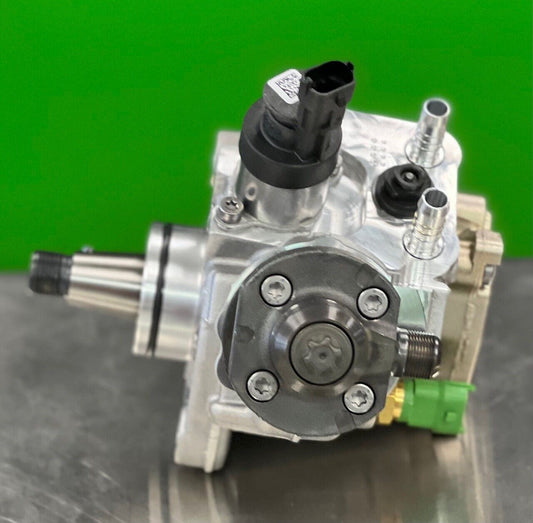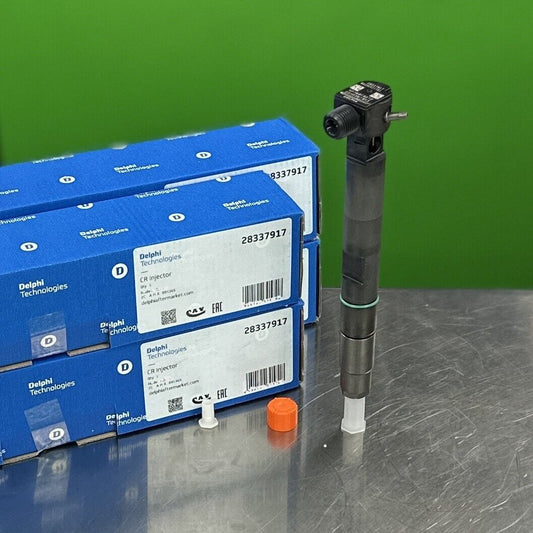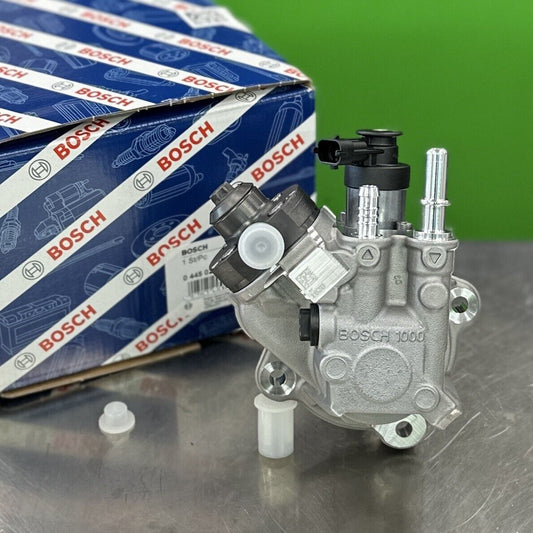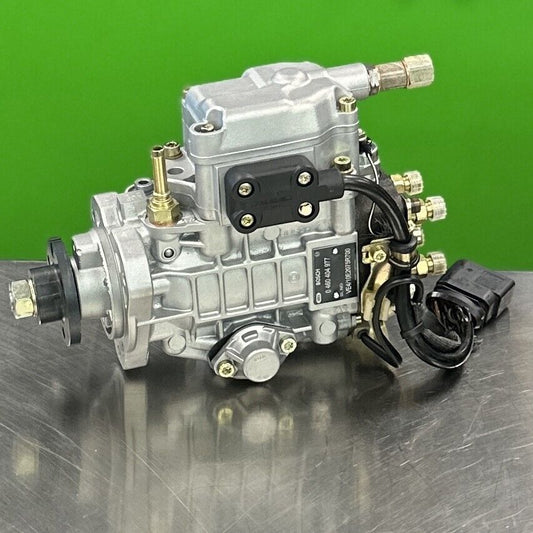Troubleshooting Common Diesel Engine Problems
Common Diesel Engine Problems and Troubleshooting Steps:
- Hard Starting:
- Problem: The engine struggles to start or doesn't start at all.
- Possible Causes: Weak battery, faulty glow plugs, worn starter motor, diesel fuel gelling, air in the fuel system.
- Troubleshooting Steps: Check battery voltage and connections, test glow plugs, inspect starter motor, ensure fuel is not gelling, bleed air from the fuel system.
- Loss of Power:
- Problem: The engine lacks power, acceleration is sluggish, or the engine stalls.
- Possible Causes: Clogged air filter, dirty fuel filter, blocked exhaust system, faulty fuel injector, turbocharger problems, engine compression issues.
- Troubleshooting Steps: Replace air filter, replace fuel filter, inspect exhaust system for blockages, test fuel injectors, check turbocharger operation, have engine compression tested.
- Excessive Smoke:
- Problem: The engine produces excessive smoke from the exhaust.
- Possible Causes: Incomplete combustion, worn piston rings, leaking valve seals, faulty turbocharger, incorrect fuel injection timing.
- Troubleshooting Steps: Check for error codes, inspect for leaks, test fuel injector performance, adjust fuel injection timing.
- Unusual Noises:
- Problem: The engine produces unusual noises, such as knocking, rattling, or clunking.
- Possible Causes: Worn engine bearings, loose or damaged valves, injector noise, turbocharger noise, exhaust leaks.
- Troubleshooting Steps: Listen for the source of the noise, inspect engine components, test injectors, check turbocharger operation, locate exhaust leaks.
- Overheating:
- Problem: The engine temperature gauge indicates overheating.
- Possible Causes: Low coolant level, faulty thermostat, clogged radiator, coolant leaks, water pump failure.
- Troubleshooting Steps: Check coolant level, test thermostat, inspect radiator for blockages, locate coolant leaks, check water pump operation.
Additional Troubleshooting Tips:
- Consult the owner's manual: Refer to the vehicle's owner's manual for specific troubleshooting procedures and recommended maintenance intervals.
- Use diagnostic tools: Modern vehicles often have diagnostic tools or OBD-II ports that can provide error codes and additional information about engine problems.
- Seek professional assistance: If you're not comfortable troubleshooting the problem yourself, seek assistance from a qualified diesel mechanic.
By understanding common diesel engine problems and following these troubleshooting steps, you can identify potential issues early on and take appropriate action to keep your engine running smoothly and efficiently. Remember, regular maintenance and prompt attention to any signs of trouble can extend the lifespan of your diesel engine and save you money in the long run.



